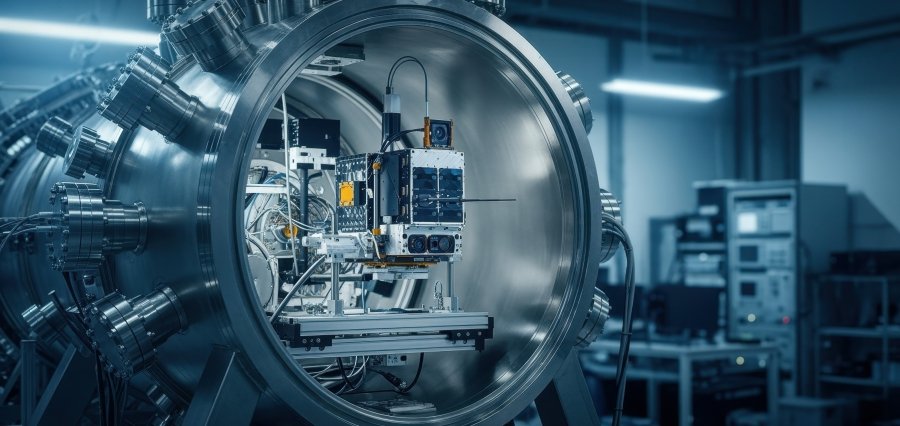Prime Highlights
- Ford unveils its Universal EV Platform and “assembly tree” process to produce EVs more quickly, affordably, and globally.
- First vehicle: mid-size electric pickup around $30,000, arriving in 2027 with LFP batteries produced in the U.S.
Key Fact
- The new assembly system reduces 20% of parts, 25% of fasteners, and 40% of workstations, making the process more efficient for cost savings and speed.
Key Background
Ford Motor Co. has unleashed a change in electric vehicle strategy with the launch of the Universal EV Platform, a modular design for accommodating a range of types of EVs—everything from SUVs and sedans to vans and pickups. The effort is being called internally Ford’s modern “Model T moment,” and the goal is to make EV ownership mainstream, much like the first Model T democratized the internal combustion engine for the masses.
Driving this revolution is Ford’s new “assembly tree” method of producing cars. Unlike the old linear assembly line, this method builds cars in three separate sub-assembly streams—front, middle, and rear—before ultimately converging extremely close to finished. This minimizes ergonomics, simplifies assembly, and fundamentally eliminates complexity. The architecture makes parts integration easier, eliminates handling steps, and optimizes utilization of labor.
Its first product will be a mid-size electric pickup, a high-performance but affordable vehicle. Starting from about $30,000, it will deliver as much acceleration as the Mustang EcoBoost, as much interior room as a Toyota RAV4, and other amenities such as a front trunk (frunk). It will share the same footprint of Ford’s Maverick but with additional cabin space and versatility.
Battery technology is the foundation of this plan too. The Universal EV Platform would be powered with prismatic lithium-iron phosphate (LFP) batteries, which would be manufactured locally under licensed technology. The batteries would also be built into the body structure of the vehicle for lower weight and cost, greater range, and efficiency. Manufacturing would be at Ford’s BlueOval Battery Park in Michigan, with assembly of the vehicles at Louisville, Kentucky.
Ford is investing $2 billion to retool its Louisville factory and $3 billion in battery assembly plants, bringing nearly 4,000 jobs with them. CEO Jim Farley views it as a radical but calculated gamble—one that will reshape affordable, high-performance EVs for the masses.
Read Also : $2 Trillion TIPS Market Faces Deepening Risk Amid Inflation Data Distrust









